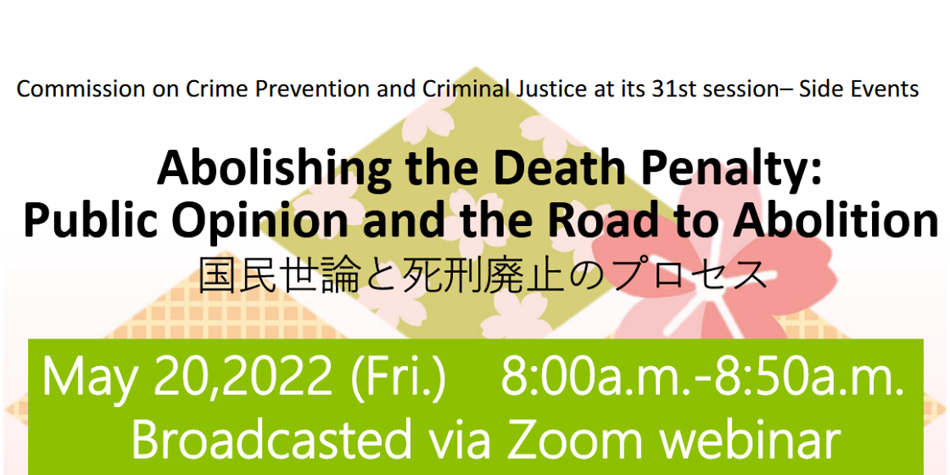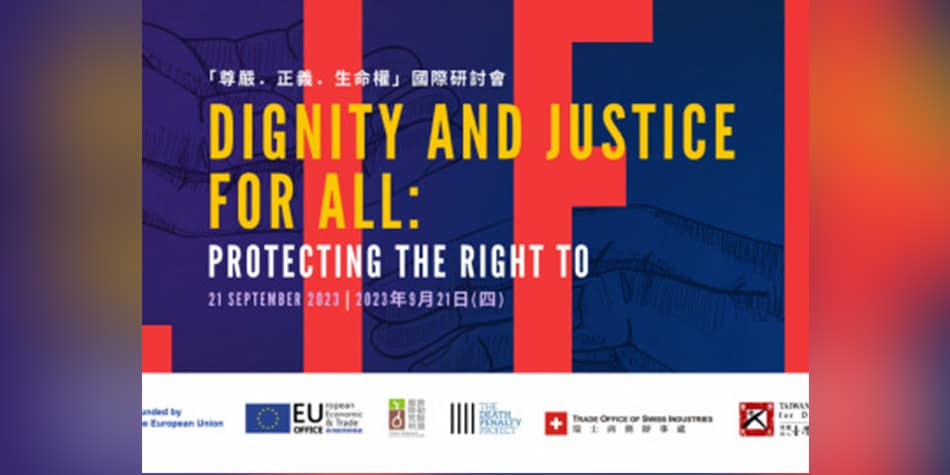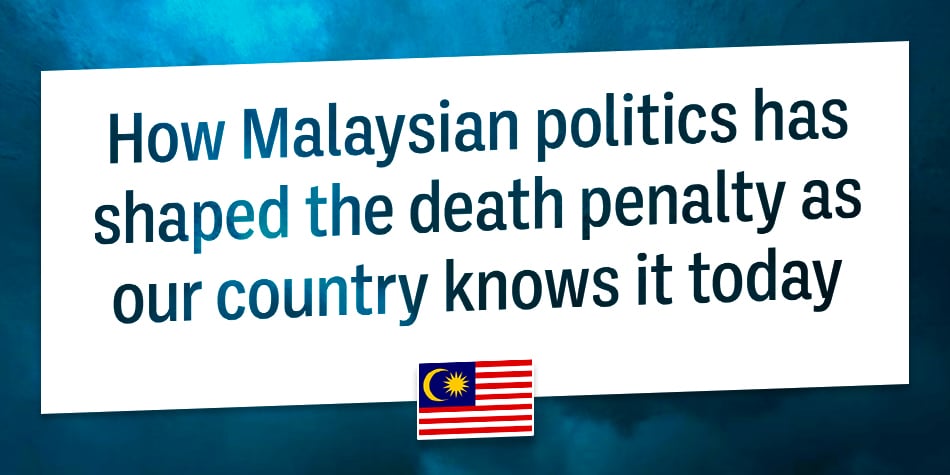Teaching abolition in Taiwan
Asia
Teaching abolition is still controversial in Taiwan. According to surveys, about 72% of the population is against the abolition of the death penalty.
But paradoxically, among them, less than half believe that death penalty can deter serious crimes. And interestingly, when asked if sentences could be prolonged or the standard for probation could be raised, 56% of people in Taiwan agree that death penalty could be abolished.
To a human rights defender, and now a junior high school teacher, I truly think that it is the insufficiency of school and social education on this topic that makes some people blindly vote for the death penalty.
People don’t know about the death penalty
People in Taiwan actually don’t know the cruel essence of the death penalty nor the cost of social resource spent on it. Or at least, not well enough. The lack of educational material is the main reason.
That is why I was thrilled to know that the World Coalition was releasing an educational guide for the World Day against Death Penalty. Without hesitation, I agreed to help translate the guide and hoped it could be disseminated as widely as possible.
However, when translating the guide, I was worried if such wide range of complex topics with many references covered only in summaries could be used in classes. Luckily, the Taiwan Alliance for the End of Death Penalty (TAEDP) also held a 3-day workshop to help turn the guide into feasible local education plans for Taiwan (photos, top and right).
The workshop started with experts from different fields, including one lawyer, one judge, two Christian and Buddhist representatives, and a writer sharing their knowledge and real experience on the topic on the first day. They really opened all the participants’ horizons and helped us understood the local context and stories.
Then, one week later, the participants were divided into nine groups to develop each activity into a concrete lesson plan. I and another member of TAEDP were in charge of Activity D1: Methods of execution. We shared our lesson plan in the workshop and got a lot of feedback from the experts. Then we handed in the revised version for the future publication of the Chinese-language educational guide.
Students were shocked
After the workshop, I designed two classes for my grade 9 students on the basis of the lesson plan I had made.
The class began with me introducing some facts about the death penalty in the world and in Taiwan (photo below). For example, I talked about the number of countries that have abolished death penalty and how Taiwan has had a moratorium for the fourth year.
After that, we worked in pairs on the worksheets on methods of execution. All the students were shocked by some of the real cruel methods of execution which were once or still are practiced on Earth. They also recognized the importance of human dignity and the right not to be tortured.
To deepen their understanding of that issue, I showed them a news clip on the famous case of Tan Ing Shan, an aboriginal youth who was sentenced to death for killing his employer after he had forced him to work more than 17 hours a day. I wanted them to think over the relationship between the death penalty and discrimination.
We also watched the excerpts of the movie The Green Mile by Frank Darabont and ended the class with a discussion on the movie and the feedback sheet. Almost all the students expressed that they learned a lot and would like to know more about this topic.
Although they were still unsure if the death penalty should be abolished, they all recognize the complexity of each crime and the cruelty of the death penalty.
Promoting abolition through education
From my own experience, I really believe that people in Taiwan would never be able to fully accept or welcome a world without death penalty when they know so little about it.
While there are many human rights groups lobbying for the top-down change of the system, I would like to advocate for the need to promote the abolition of the death penalty through education.
Now that my students have begun to think about this issue, I am really looking forward to the publication of the Chinese educational guide for further discussion. I hope they will be able to one day stand out for this cause and fight for a Taiwan without death penalty!”







